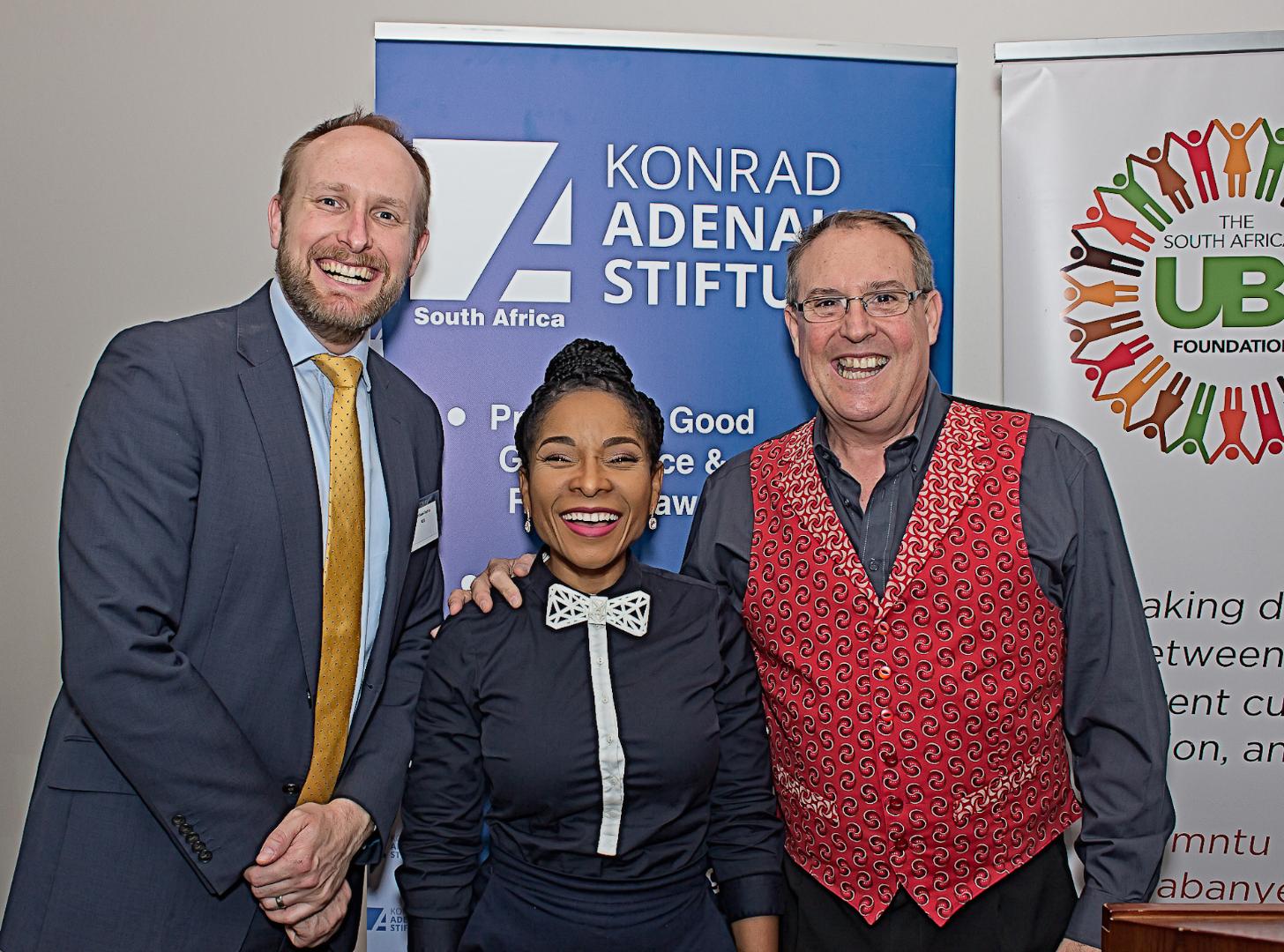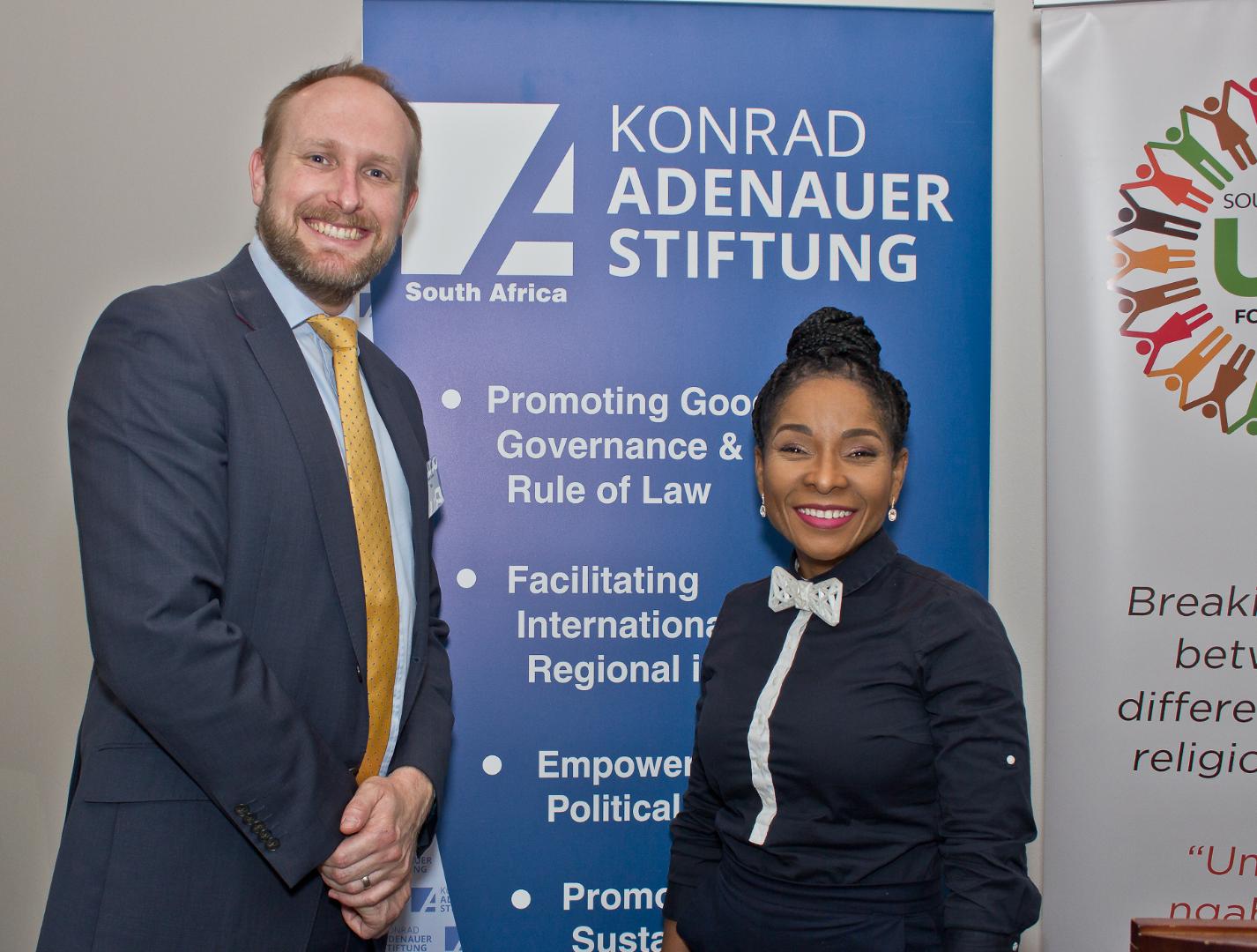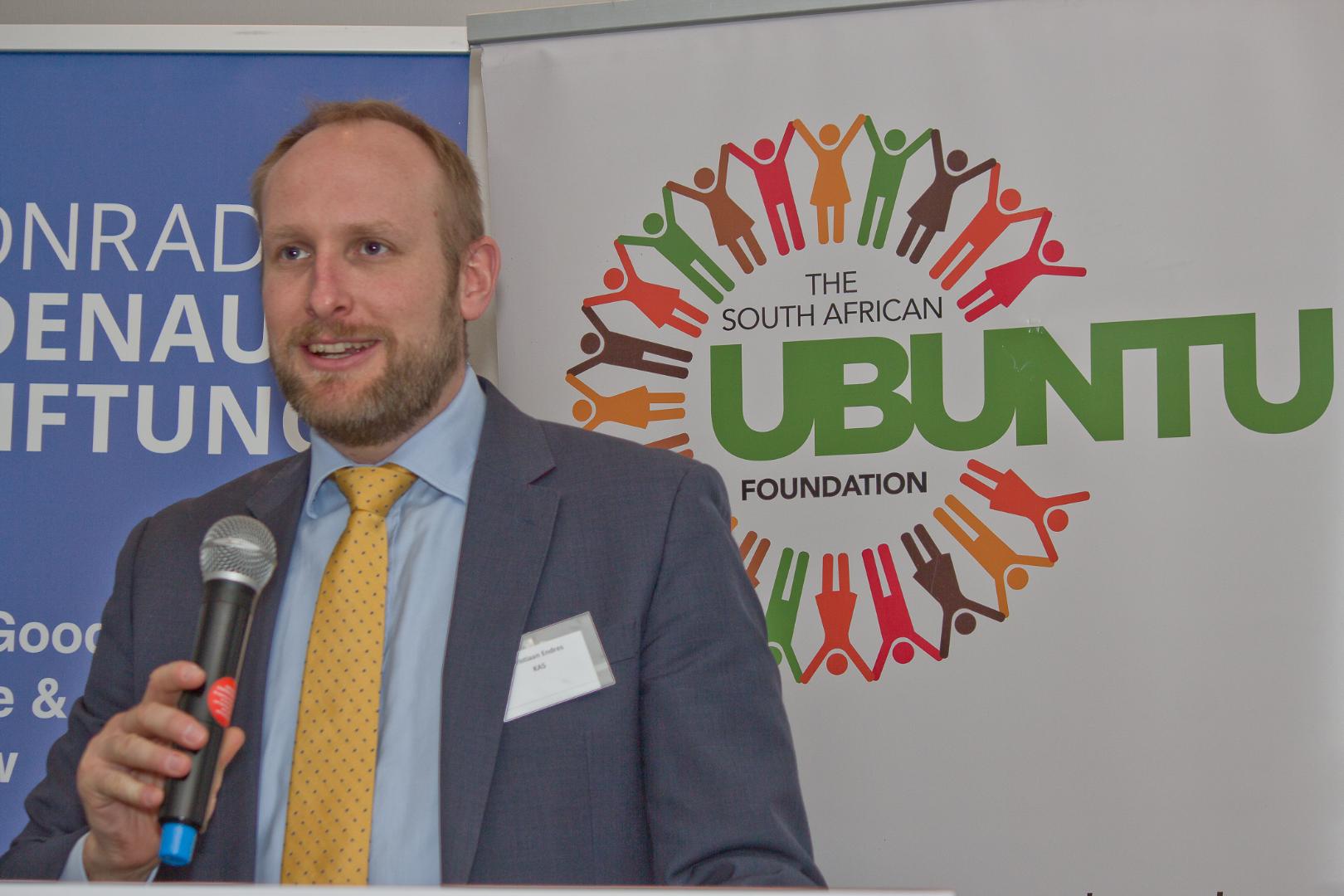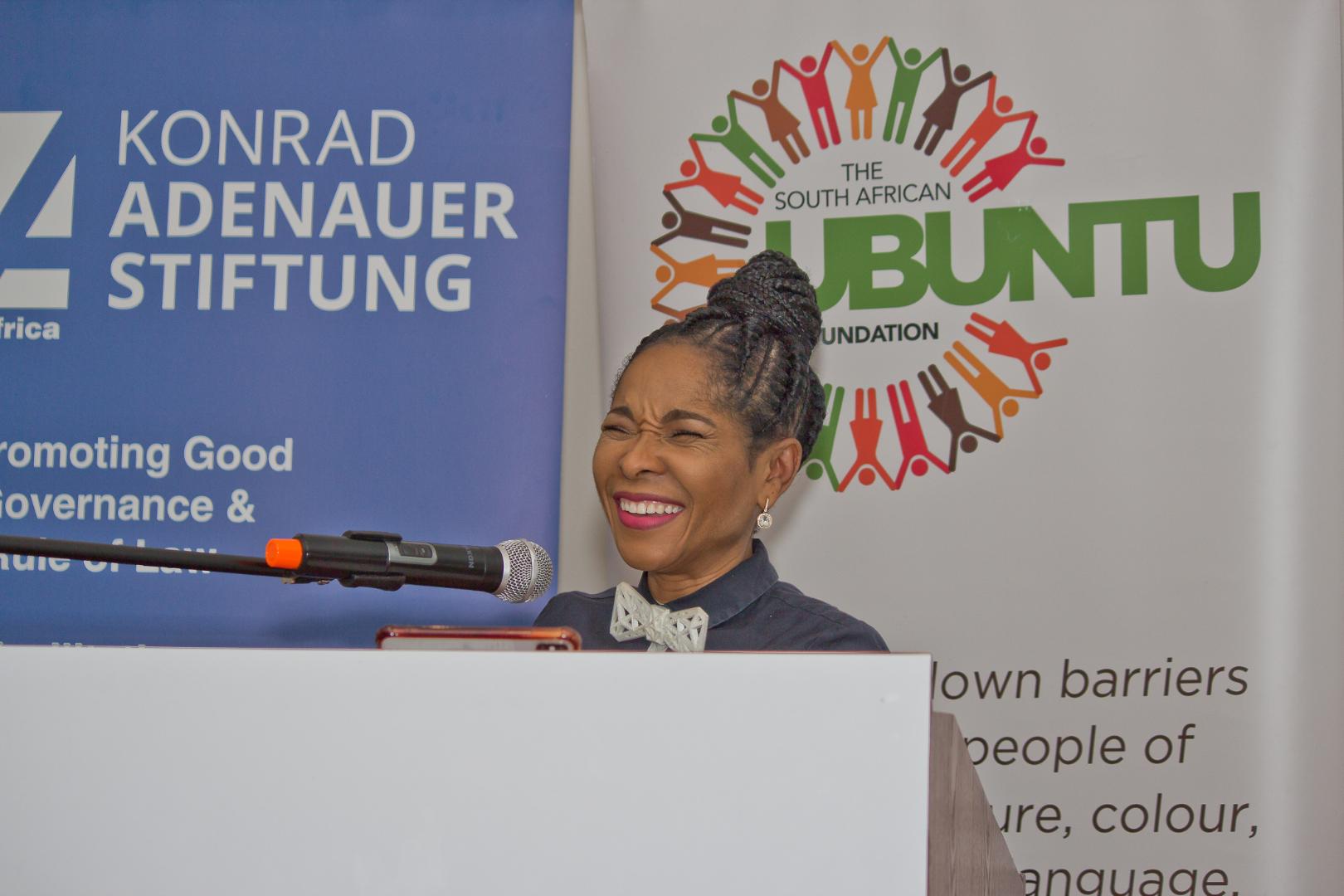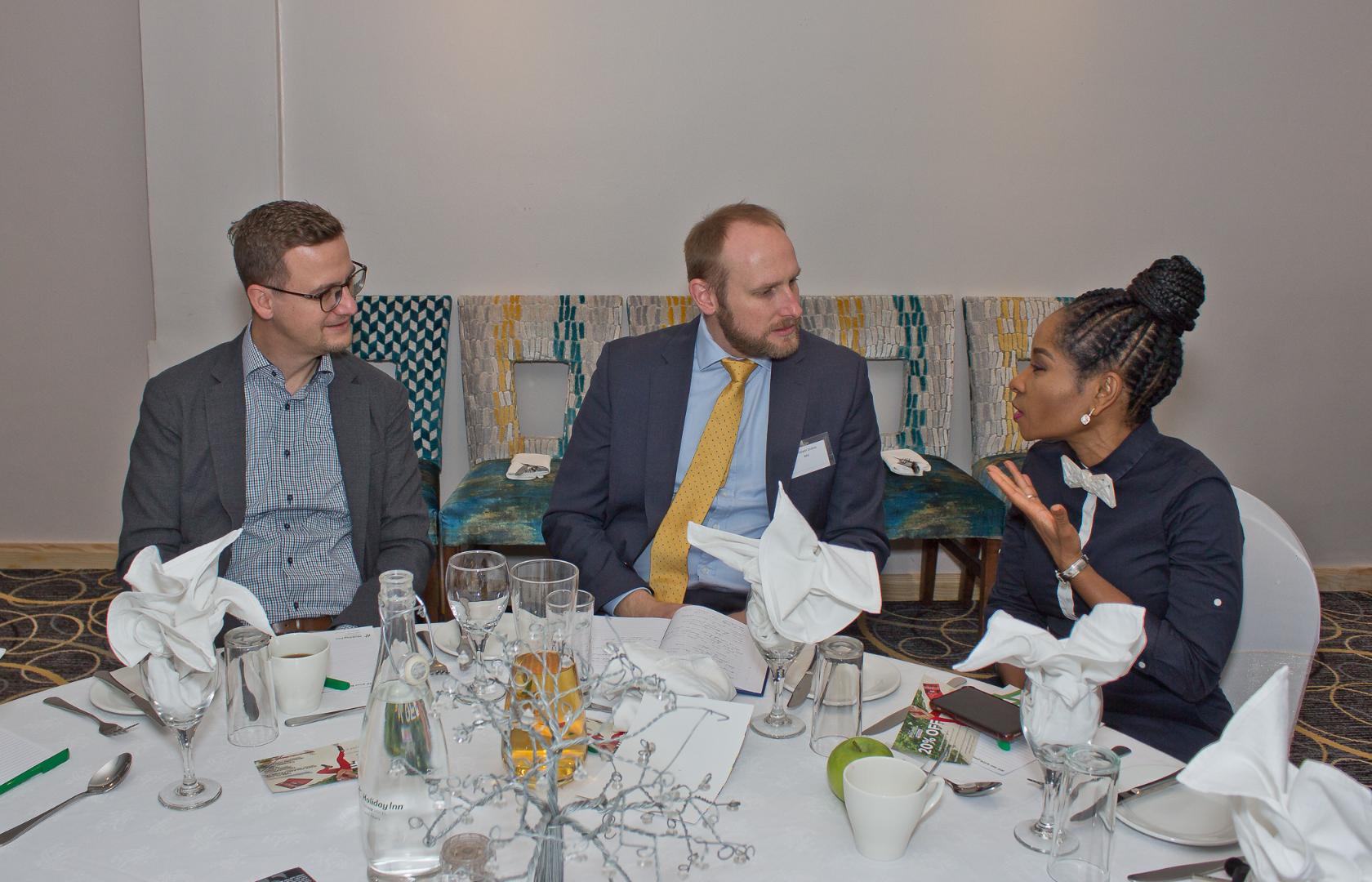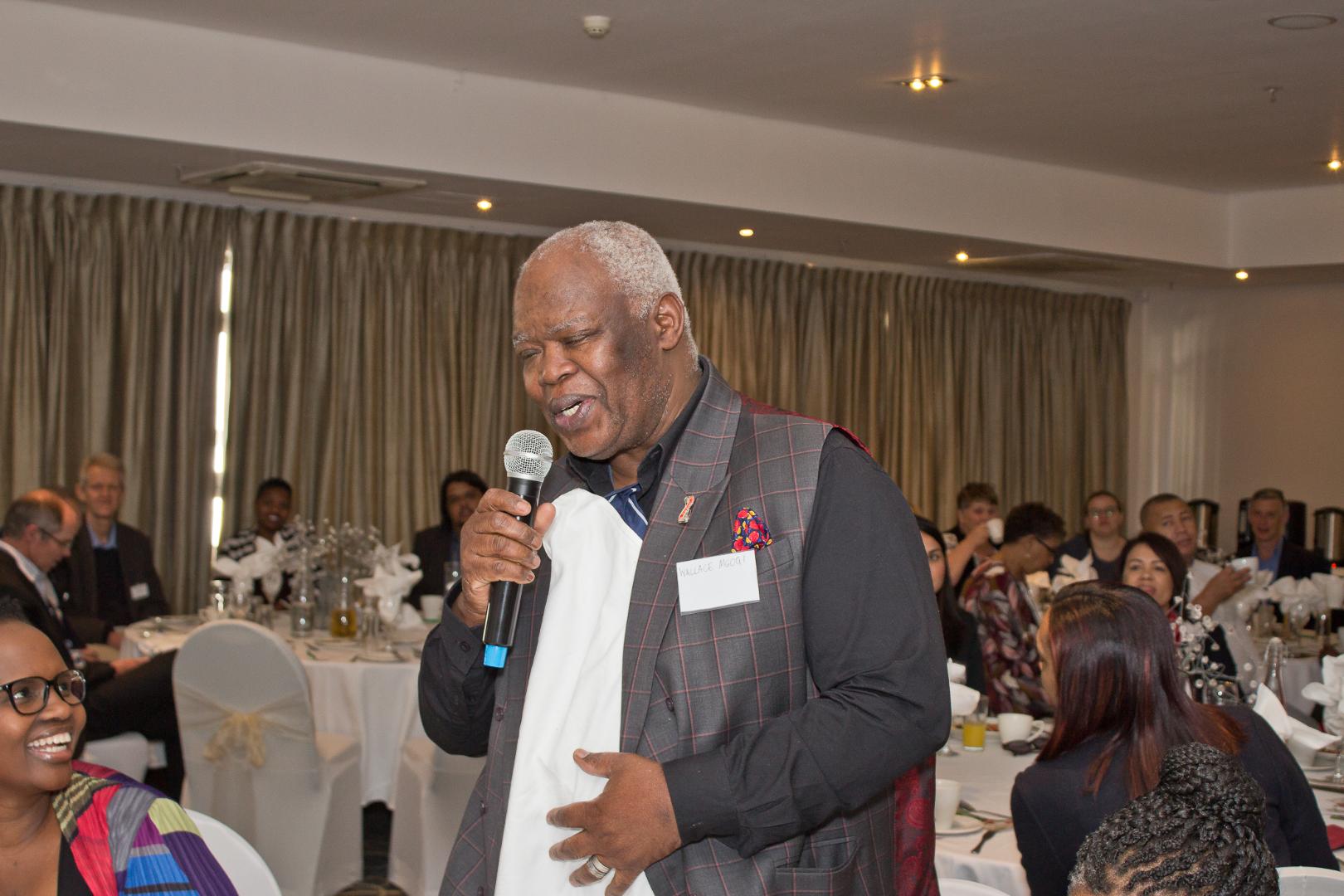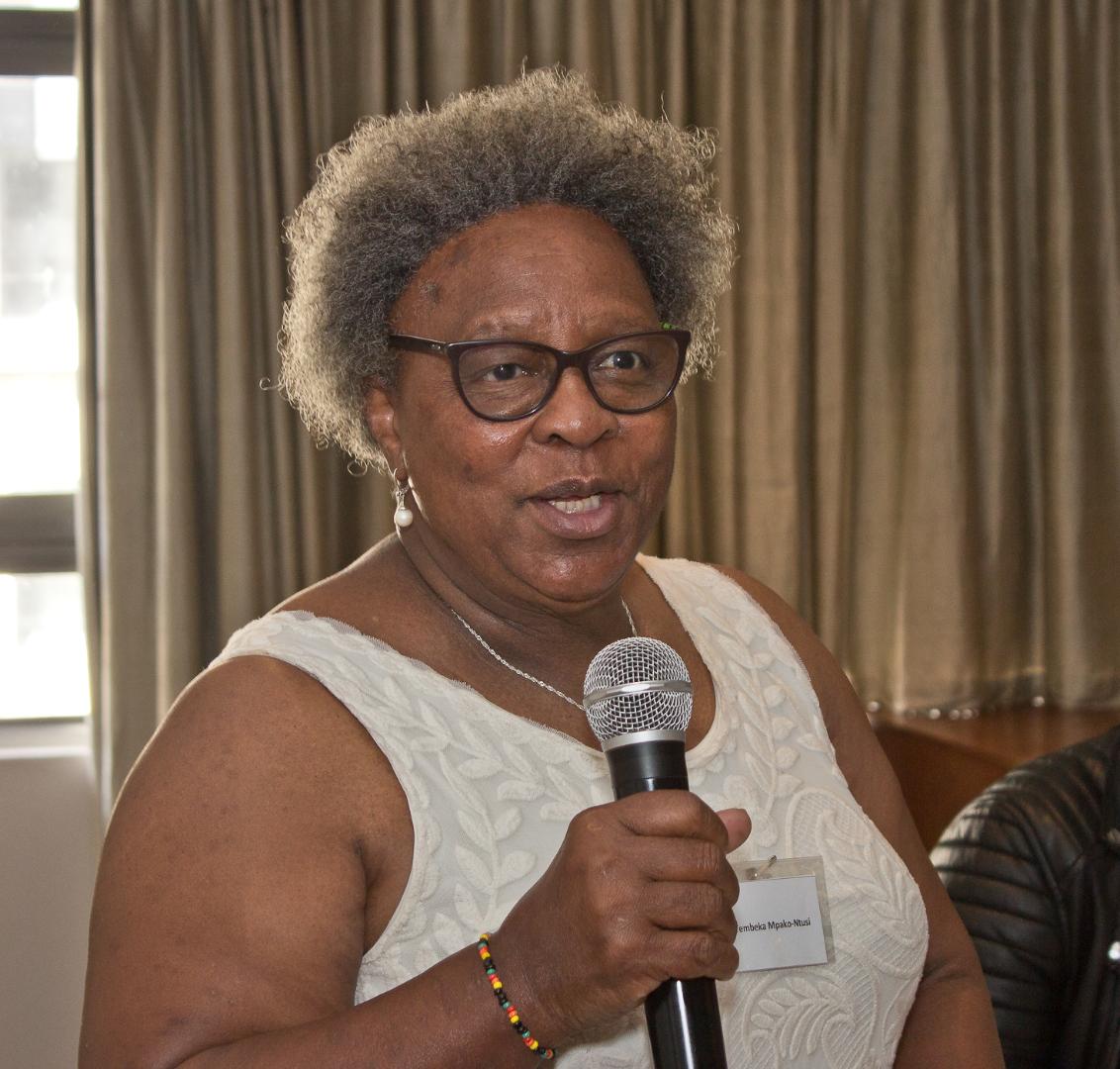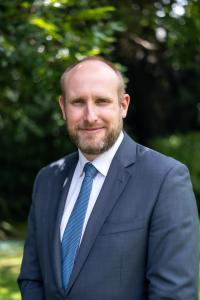- Systems do not transform. People do
- Transformation is inevitable. If people do not transform out of their own will, their surroundings will transform them
- It is misguided to fix on one goal for the transformational process. Agility is key
Professor Mamokgethi Phakeng
In 2016 Professor Mamokgethi Phakeng was awarded the prestigious Businesswoman of the Year Award in the education category and in 2014 CEO magazine named her the most influential woman academic in Africa. She began her term of office as Vice-Chancellor of the University of Cape Town on 1 July 2018, where she had been serving as Deputy Vice-Chancellor for Research and Internationalization since January 2017.
As the Vice-Chancellor of the University of Cape Town, she experiences enormous public interest. The public is scrutinized as to how she will transform the University of Cape Town and if she will succeed or fail.
UCT now is the top university in Africa in five major rankings which, as Prof Mamokgethi Phakeng said, took much pressure off her. As a leader, you are always judged by the public for your performance. You take risks if you create change - and failure is always creeping up to you.
Professor Phakeng’s thoughts on transformation
“Transformation is hard; it is uncomfortable for us! People know they need to transform, but they do not. Why is it so hard?” Phakeng suggests that transformation is predominantly a mental process. People are comfortable in their comfort zone; they do not want to leave their comfort zone unless they have to. As long as people are satisfied with their situation, the situation is acceptable, and there is no urge to transform. So they do not. They are afraid to transform. Transformation is the unknown and people are scared of this. If people transform, they take a risk to lose their excellence, or their success will decline, or the transformation can be ineffective for them. Phakeng gives an example: The things that make UCT successful also make transformation difficult. The exclusive focus on excellence. The comfort of power.
The Professor continues with the further insight that systems do not transform. Institutions and companies cannot transform, but it is the people within them that do. Therefore transformation has to proceed from the people within the system. Change has to be people-focused; you need to activate the people to transform in order to make the system transform. Nevertheless, it is hard because transformation runs into systems. Systems quickly become too static to change, and it can be challenging for the people within the system to make the necessary changes.
Lastly, Phakeng points out that transformation is inevitable: even if people do not transform out of their own will, the environment will transform them. When the environment leads the process, people cannot control in what direction the transformation is taking them. Transformation does not have to be disruptive, but people need to decide to disrupt themselves before someone else disrupts them. In Professor Mamokgethi Phakeng’s view, some forces are able to disrupt the people:
- Generation C, internet natives, who have completely entirely views of a situation
- The force of nature.
Disruption will continue until the people decide to be the leaders. Because otherwise disruption will keep coming from outside and it will get out of control.
Professor Phakeng’s thoughts on how we create change
The leader has to be the change, live the change and do the change. People look up to the leader and follow what she or he does. The leader is the institution and for the institution to be able to change the leader has to change and create change.
However, change needs to take the context into account. We should assess what wounds need to be healed from the past and commit to moving to the future differently. Professor Mamokgethi Phakeng started her presentation with a quote: “We need to understand why we are, who we are in the country”.
A transformative leader has to identify the legacies of the past, be aware of them but move on into the future because anger does not produce any positive outcome. It hinders us from unfolding our capability, and we will not be able to create change and transformation.
Professor Phakeng’s thoughts on ethical leadership
Leadership has to be transformed – we need ethical leaders. Leaders in Africa should not just be the best in Africa, but they should become the BEST FOR AFRICA. The leader is asked to have awareness for the people in South Africa, be socially responsive and a student of them. A leader needs to spend time with real people and learn from them, so they have the chance to understand them and understand their needs and their visions. This behaviour will enable the leader to be an ethical leader and become the best for Africa.
Society has high expectations of a leader. The risk of failure is always tangible, and a leader is a symbol that gets attacked frequently. Through transformation, the leader does things never done before and therefore, the risk of failure is present.
Professor Phakeng’s thoughts on how we build peace?
Authentic leadership is about trust. We need to build trust, and we need to build consistently. We need to build new relationships, and through our new relationships, we can understand each other in a better way. You need to let yourself enter a community.
Professor Mamokgethi Phakeng mentioned a very inspiring example: She discovered that a guard at UCT is a priest in his community. But as the Vice-Chancellor of the University of Cape Town, Professor Mamokgethi Phakeng will not know this. So she has to enter new communities to understand her colleagues better. Communities she has not entered before and get to know them and build trust.
What was the aim of this event, and why has KAS supported it?
South Africa has a divisive history. The Konrad Adenauer Foundation supports a culture of living remembrance in which the past is engaged without distortion. But South Africa also has an urgent need for ethical leaders that take the past with them as the move they country forward. The country needs change and leaders they can trust, and they believe in.
Professor Mamokgethi Phakeng is one of these leaders.
She is the quintessential change-makers, willing to take risks to shape a better future. Her presentation inspired the audience through her views on transformation and how she is applying it in her challenging role.



